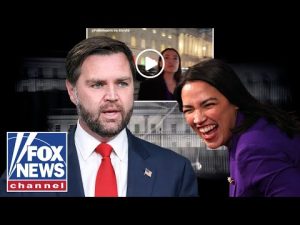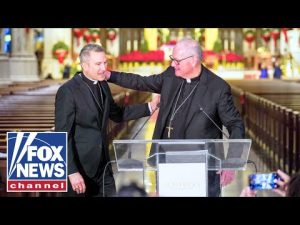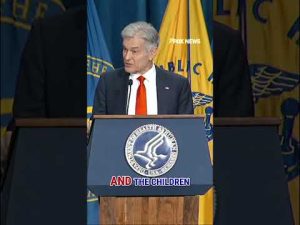**Secret Service Under Fire: A Comedy of Errors or a Serious Security Breach?**
In a recent hearing that could rival a daytime soap opera, the acting director of the Secret Service, Ronald Row, found himself in a tough spot while testifying before Congress. Charged with explaining the agency’s less-than-stellar security measures that allowed a breach during a President-elect Trump event in Pennsylvania on July 13th, Row’s remarks raised more eyebrows than applause. It seemed like the actor had forgotten his script, landing him in a world of scrutiny right in front of the congressional spotlight.
To kick off the hearing, Row came out swinging, declaring that the incident was a “failure” of the Secret Service. Shocking, isn’t it? One might have thought that the Secret Service would have developed better preventative measures, perhaps even considering the age-old wisdom of “looking up” to check for potential snipers. But alas, here we are, questioning a roof’s ability to resist a threat—mountain goats aside.
As the questioning heated up, things took a decidedly theatrical turn. Representative Pete Fallon from Texas had some burning questions that sent Row into a defensive frenzy. The discussion quickly escalated into a boisterous exchange. The repeated invocations of 9/11 seemed to ignite passions, with Row insisting that he was there representing the agency rather than securing the President. The fiery back-and-forth made it abundantly clear: tempers were flaring just as quickly as the accusations were flying.
It’s almost comical, watching politicians bicker like children arguing over the last cookie. Fallon’s keen observation that the special agent in charge should be the one closest to the President was dismissed with an artful dodge by Row, who tried to shift the focus onto his experience rather than addressing the glaring security oversight. It seemed as if he were attempting to draw a line in the sand, where 9/11 was a trump card (no pun intended) that he was unwilling to let anyone overshadow.
In its essence, this hearing was less about accountability and more about theatrical performances and rhetorical sparring. One could almost hear the echoes of debates in British Parliament or the outlandish accusations in Indonesian politics where squabbling and shouting matches are practically an art form. America was clearly getting close to that level of hilarity, proving that when the stakes are high, even the most disciplined of public servants can lose their cool.
In the end, one has to question how this circus will impact public confidence in the Secret Service. Will the American people be reassured that their leaders have their backs or merged with a budding comedy routine where security procedures are more of a punchline than a priority? The events are still unfolding, and while this may have provided some hearty laughs for viewers, it also leaves a lingering feeling of unease regarding America’s safety. As this saga continues, the question remains: will the Secret Service step up, or will political theatrics continue to reign supreme?







